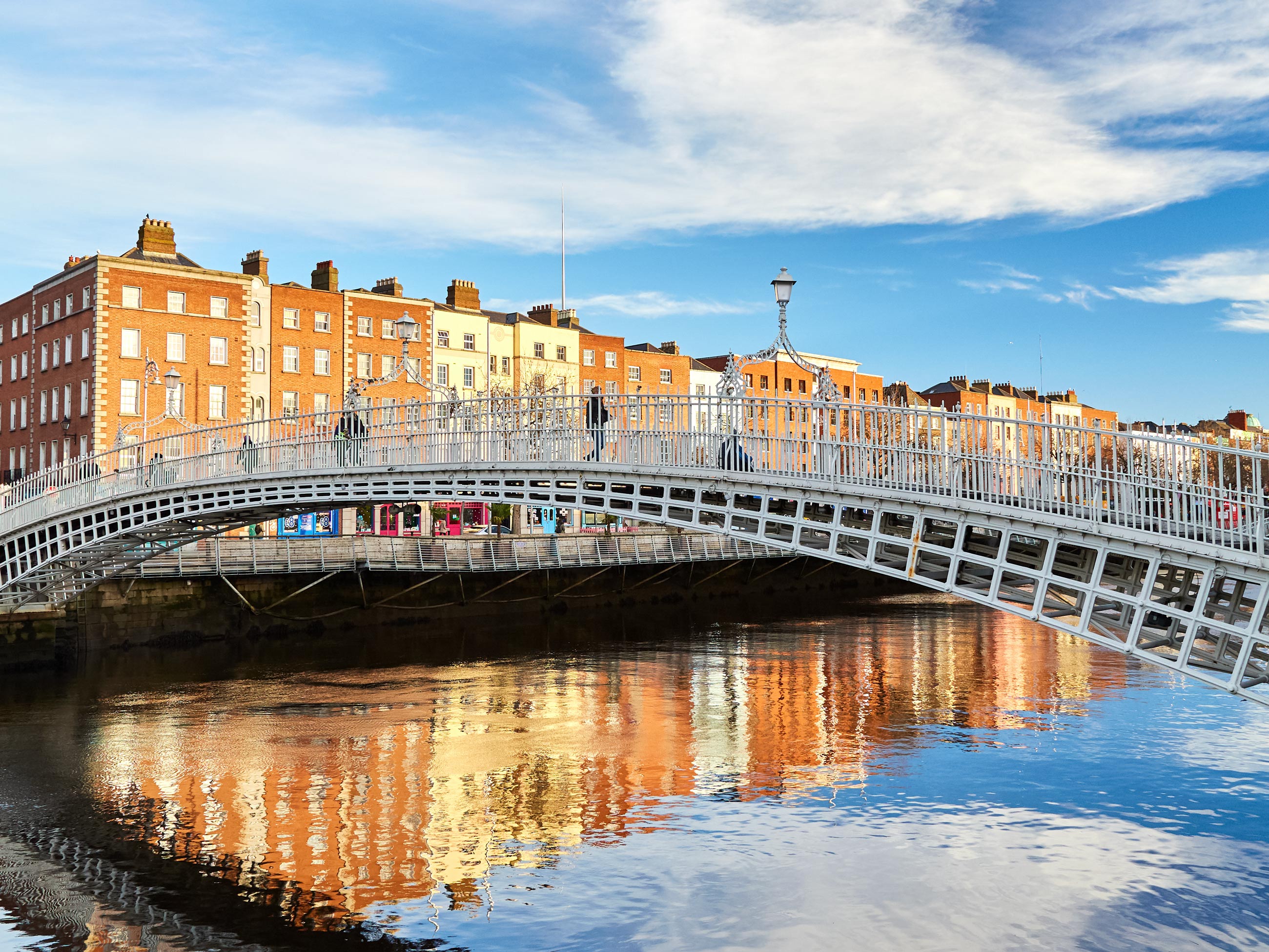


#Culture2030Goal
A stand-alone sustainable
development goal on Culture
Within the framework of the Sustainable Development Goals (SDGs) adopted in 2015 by the United Nations, the international development agenda refers poorly to culture. While the safeguarding and promotion of culture contributes directly to many of the challenges of humankind, for example, safe and sustainable cities, decent work and economic growth, reduced inequalities, the environment, gender equality, and peaceful and inclusive societies, the SDGs failed to include the full potential of culture in sustainable development.
Culture has a crucial role to play in SDG 11: Make cities and human settlements inclusive, safe, resilient, and sustainable. SDG 11, Target 11.4 calls for strengthening efforts to protect and safeguard the world’s cultural and natural heritage. There are other development agendas adopted to support the cultural aspects of urban related SDGs, such as the Hangzhou Declaration and the New Urban Agenda. Urban areas rich in cultural heritage and with a vibrant creative sector are more attractive for people and businesses – their economies draw significantly on intangible heritage such as crafts, music, dance, visual arts, traditional cuisine, and theatre, among others.
Creative industries and cultural infrastructure are valuable resources for generating livelihoods, especially in developing countries with a wealth of creative industries with a significant percentage of employed women. Strengthening trade in cultural goods and services provides an impetus for local and national markets, which in turn provides employment opportunities for decent work and promotes local production.
Cultural policies that promote preferential treatment in trade for locally-produced goods contribute to reducing inequalities within and among countries.
Culture, particularly traditional knowledge, also contributes to resilience and recovery in the case of disasters. Culture also facilitates understanding, peace, and justice. Through conflict prevention and the promotion of diversity and solidarity, culture helps protect the rights of marginalized groups.
The framework for the 2030 Agenda, in spite of all the references to culture, has not adequately recognized culture’s significant contribution to the SDGs. The precise role and impact of culture on sustainable development needs to be systematically studied, measured, and operationalized. As the implementation of the SDGs moves forward, and the reflection on the challenges and the contents of a post-2030 Development Agenda has begun, it is timely to consider how culture can take its proper place in the commitments, goals, and targets to be adopted in due course by the United Nations.
More at:
Where to join efforts?
5th UCLG Culture Summit in Dublin
From 27 November to 1 December 2023, Dublin, the capital of Ireland, will host the 5th Culture Summit of United Cities and Local Governments. It will bring together all stakeholders on culture, public policies, and sustainability, as well as representatives of the local and national governments and international organizations.
The 3-day Summit will emphasize the role of culture as an integral part of sustainable cities and promote the sharing of experiences and innovation from local governments worldwide. It will look at the link between cultural policies, the climate change emergency, and gender equality, as well as discuss the role that cultural rights play in addressing the growing inequalities in society.
One of the main objectives of the Summit will be to further develop the “Culture Goal” proposal, championed by the #Culture2030Goal global campaign, and included in the final declaration of UNESCO’s Mondiacult 2022 Conference held in Mexico City in September 2022.
The #Culture2030Goal campaign was launched within the Mondiacult conference framework and the publication of an in-depth report on the context, the feasibility, and the possible contents of a stand-alone Culture Goal. Drawing from a large consultation process, 10 concrete targets were identified. These targets include, among other issues: cultural rights in local and national policies, the promotion of a culture of peace and non-violence, the protection of all forms of heritage, the appreciation of cultural diversity, the empowerment of indigenous peoples, and the strengthening of cultural institutions, including through international cooperation.
The Culture Summit of Dublin is based on the previous Summits held in Bilbao in 2015, Jeju in 2017, Buenos Aires in 2019, and Izmir in 2021.
More at:
https://agenda21culture.net/summit/uclg-culture-summit-2023